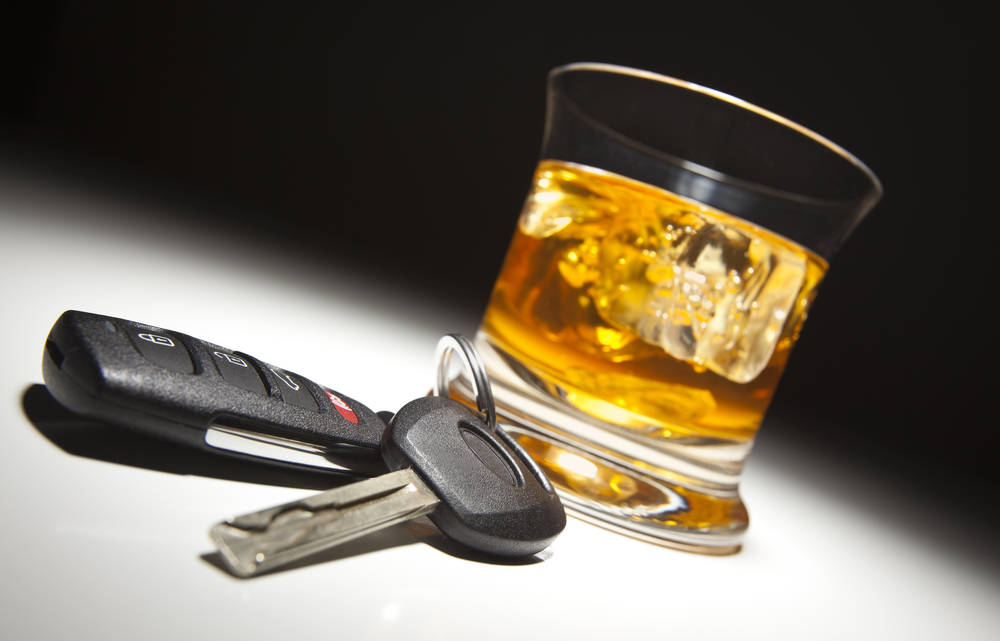If you are charged with a DUI, a conviction can have serious consequences. However, an experienced Philadelphia DUI attorney can help you achieve the best possible outcome.
The consequences of a DUI in Pennsylvania will depend on a few circumstances. If it’s your first offense, and you have a blood alcohol content of 0.08% to 0.099%, a DUI is a misdemeanor. You can expect a fine of $300 to $1,500. You may also have probation, alcohol education requirements, and a license suspension of up to 6 months.
A subsequent offense carries a penalty of 5 days to 6 months in jail, a fine up to $2,500, and a 1-year license suspension. If you have more than 3 DUIs within 10 years, your license can be suspended for up to 2 years, and you may spend up to 10 years in prison. You’ll also pay fines that can total up to $20,000.
A skilled lawyer has many options for DUI defense strategies, depending on the circumstances of your case.
Illegal Stop or Arrest
An officer must have a reason to believe that you are breaking the law before stopping your vehicle. This may include driving recklessly or speeding. They can’t pull you over based on a hunch, or because you are leaving a bar or other establishment that serves alcohol.
You are protected by the Fourth Amendment, which protects you from “illegal searches and seizures”. It’s up to the state to prove that they had a legitimate reason for the stop. If the stop was illegal, then any evidence obtained from the stop can be suppressed. In most cases, this results in the case being thrown out due to lack of evidence.
Inaccurate or Invalid Field Sobriety Test
Field sobriety tests are notoriously inaccurate. They should be standardized, but not all officers or police departments use standardized field tests. For example, touching your finger to your nose or reciting the alphabet are not part of the standardized test.
There are multiple reasons some people fail the field sobriety tests that have nothing to do with being impaired. These include being overweight, elderly, or having a disability.
Challenging Alcohol Testing
Breathalyzers are often used at the scene. The amount of alcohol in your lungs is measured using a breathalyzer device. This is used to estimate the amount of alcohol in your blood. However, some factors can cause inaccurate breathalyzer readings. In the best of circumstances, these machines have a 10% margin of error.
Blood alcohol testing is more accurate, but these results can also be called into question. False positive results can occur due to diabetes, cold medicines, and certain herbal supplements. Improper storage can allow blood to ferment, which can also cause a false positive result.
No Attorney Present During the Investigation
In DUI cases, time is of the essence. If you’ve been read your Miranda rights, you know you have the right to an attorney. If you weren’t given the opportunity to contact an attorney, your case may be dismissed.
The state can delay your access to an attorney if it impedes their investigation. However, if you are denied, the state must prove that allowing you to consult with your attorney would impede their investigation.
No Evidence You Were Driving the Vehicle
The law requires you to be in “actual physical control of your vehicle” to be guilty of DUI. If you were simply sleeping it off in your vehicle, your attorney may claim that you weren’t in physical control or had no intention of driving under the influence.
DUI Attorney in Philadelphia
If you are charged with a DUI, you need the best criminal lawyer in Philadelphia. Contact us at Brennan Law Offices. We have been providing criminal defense for more than 30 years. We can help you avoid a conviction, or minimize its impact on your life.

